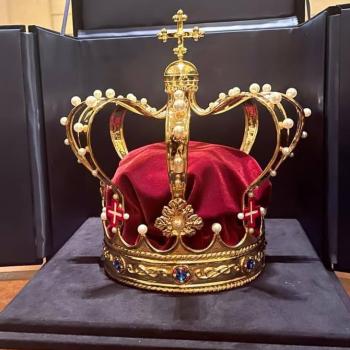Radley Balko explains, in a fascinating & depressing piece:
…Each term, the Supreme Court decides a dozen or so cases in which the justices attempt to balance the public’s interest in keeping order (which manifests in the powers we give to police and prosecutors) with our constitutional rights. Yet for the vast majority of Supreme Court justices now and in recent history, you could quite literally say that the criminal justice system is merely academic. Some justices may have seen a criminal case or two while in the upper echelons of the Justice Department, or taken a pro bono post-conviction case for an indigent client here or there. But real experience is almost nonexistent. And to the extent that a justice has had real hands-on experience, it’s almost always for the prosecution. We haven’t had a justice with significant criminal defense experience since Thurgood Marshall retired in 1992. Given the intense politicization of the nominating process, and that we’re increasingly seeing the practice of criminal defense used as a political cudgel, it seems unlikely we’ll see another example any time soon.
more–lots of concrete examples of how this lack of street experience affects court decisions. And check out Balko’s post about the complexities of reform in Missouri, one year after Michael Brown’s death.











